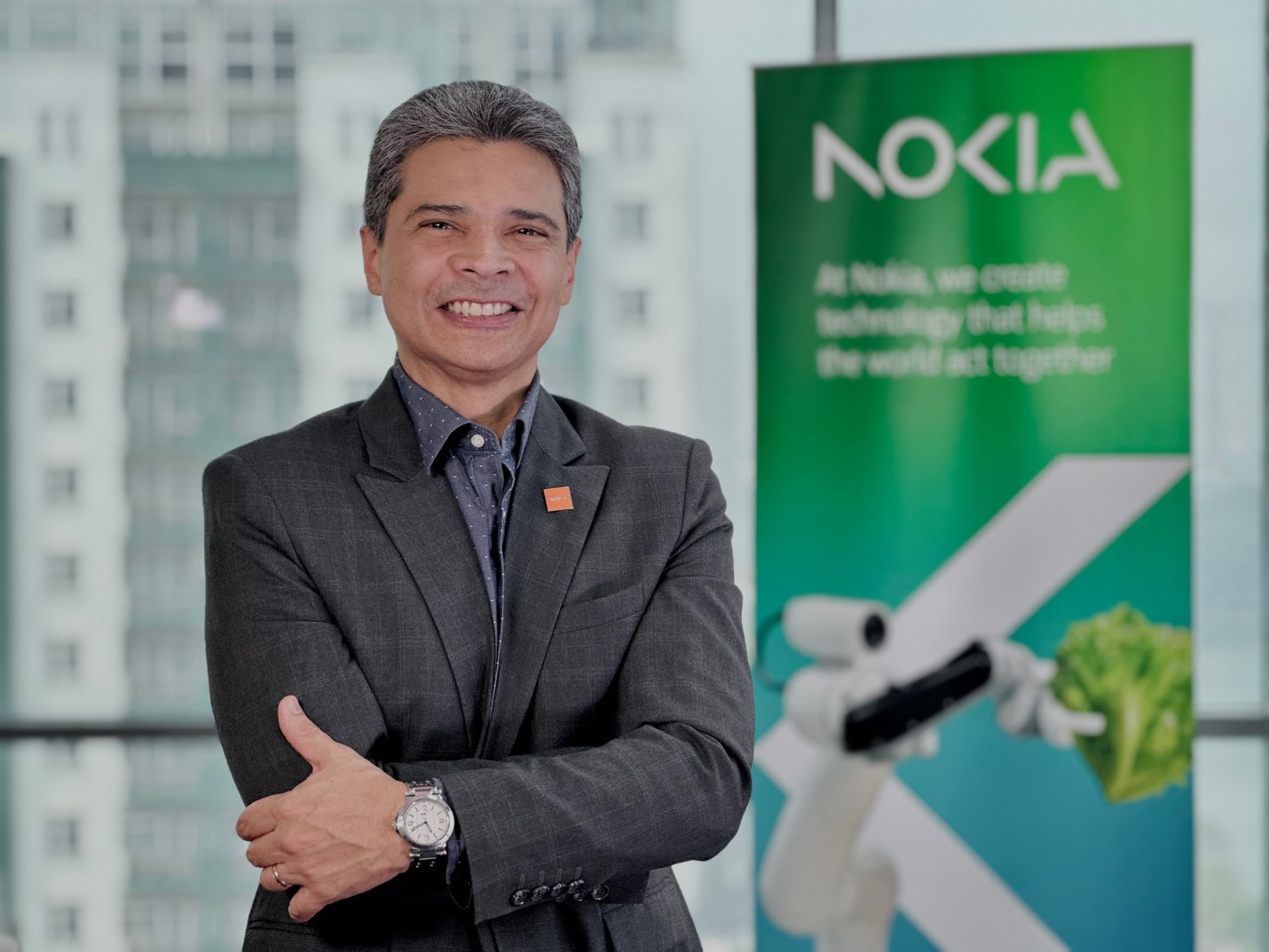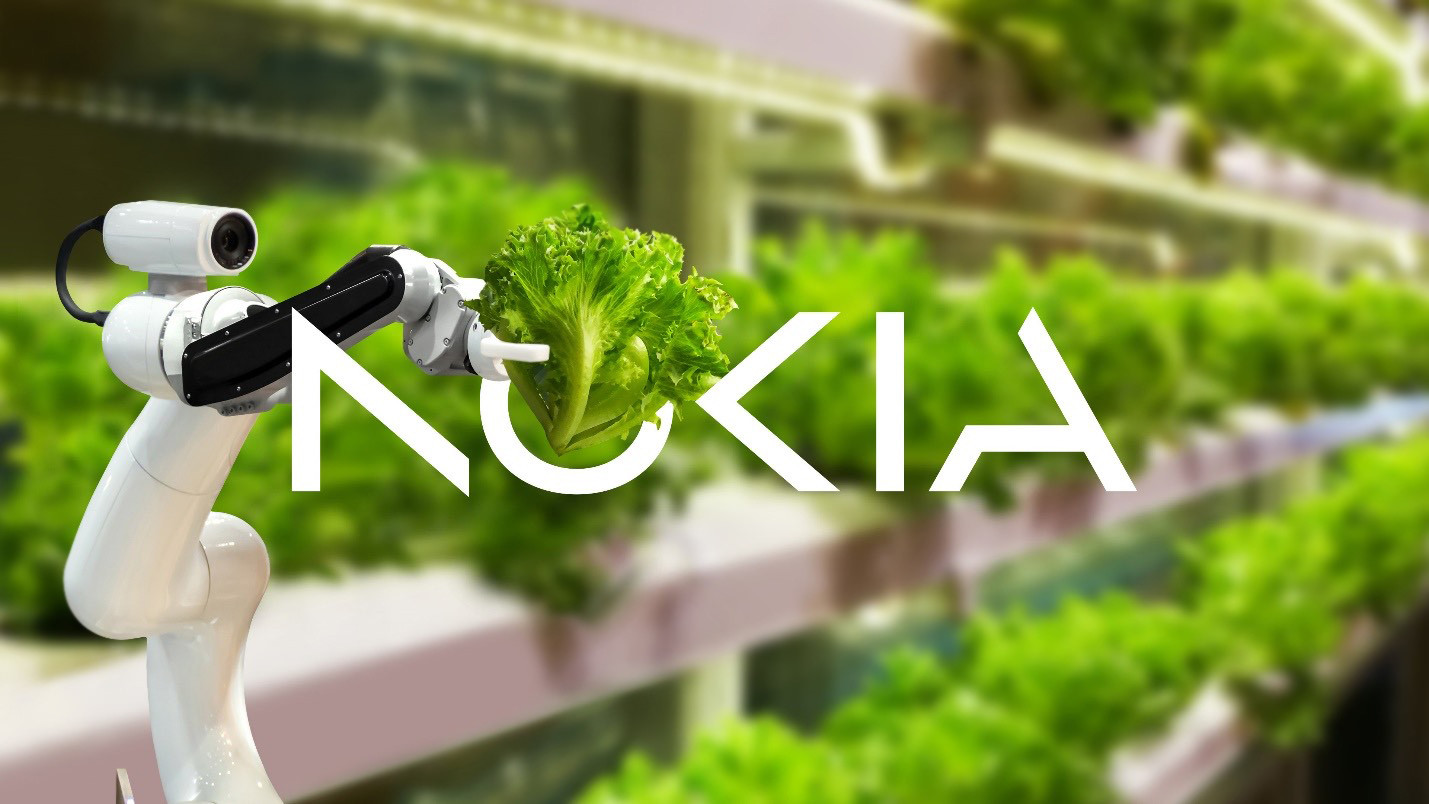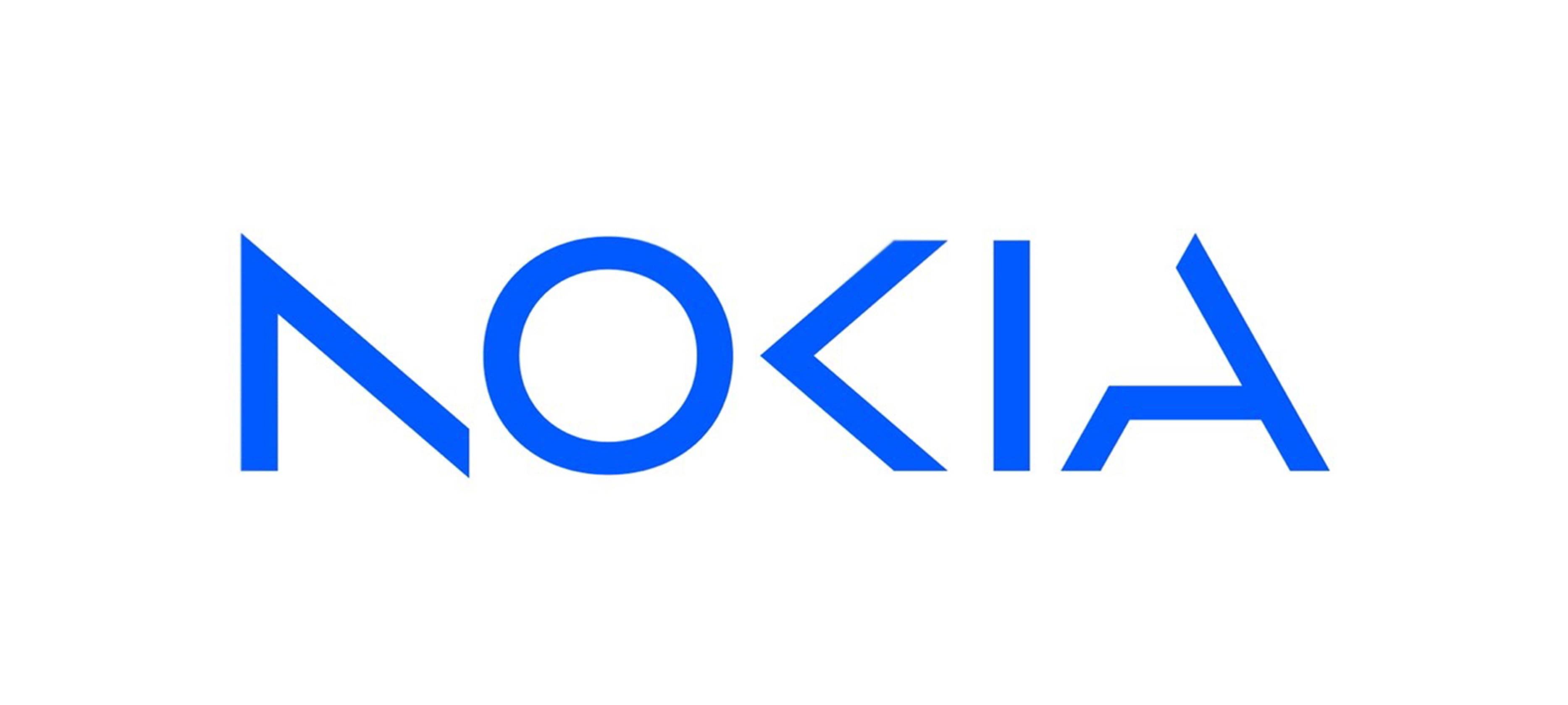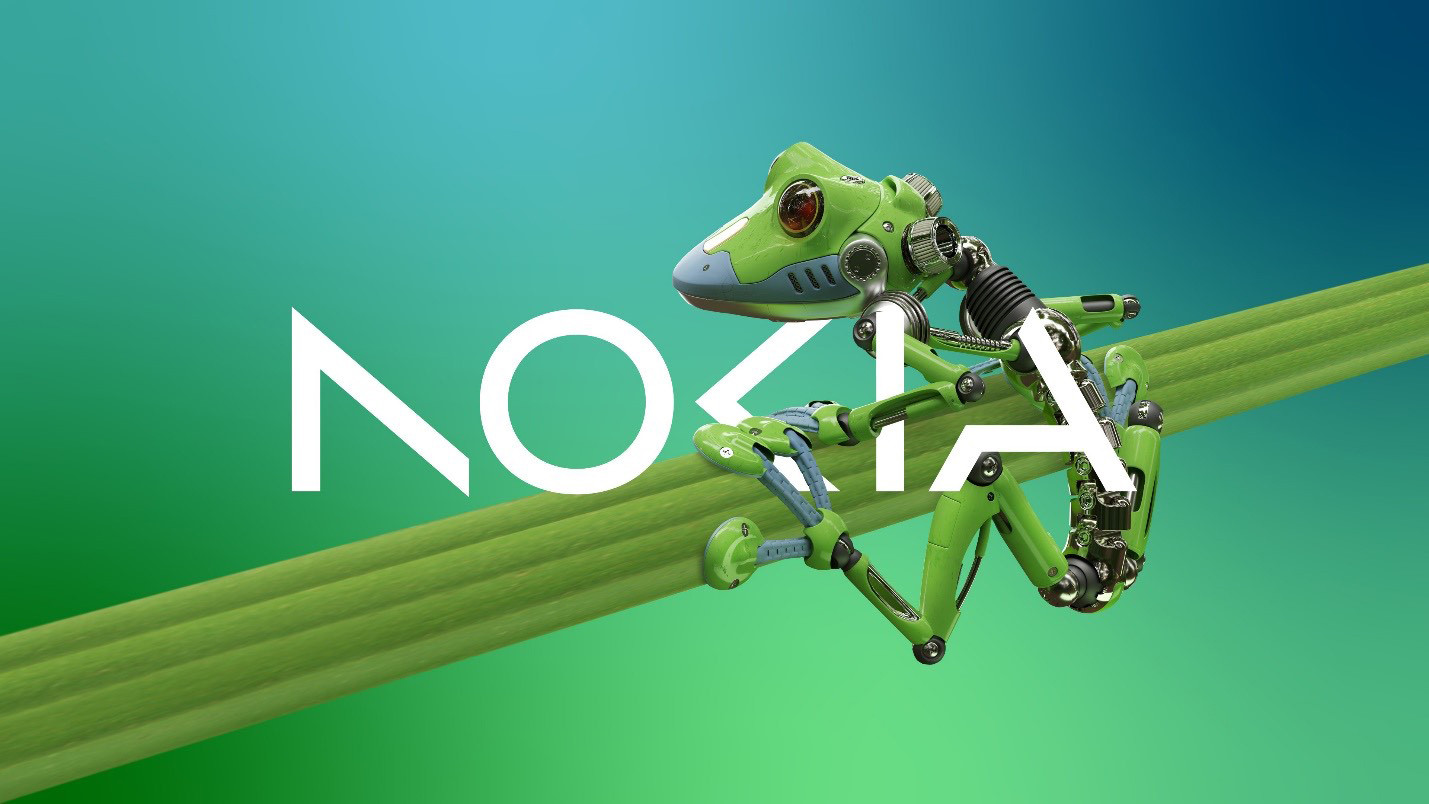Mr. Rubén M. Flores, General Director of Nokia Vietnam talked to VietNamNet about the company’s next steps in the local market to tap into the trend.

- Nokia has changed its logo after 60 years, signaling a major shift in operating strategy with three stages: reset, accelerate, and scale. What does this change mean for Nokia’s activities globally and in Vietnam particularly?
Nokia was started in the 1890s as a single paper mill operation. Then we changed our strategy as we entered the 20th century, moving into the telecommunication business where we are now today.
This new change - the new logo, and the new branding of Nokia - reflects what we are doing now. Many people still think that Nokia is making mobile devices, but this is not the case anymore. So, with this new branding, we want to establish ourselves as a B2B (business-to-business) technology innovation leader in the world, instead of making very good mobile devices that connect people as we did in the past.
At Nokia, we create technology that helps the world act together. We have been in the Vietnamese market for more than 30 years, supporting the local telecom providers.
- How will Nokia offerings in Vietnam differ from its previous approach? And what new products and services can Vietnamese customers expect from?
There will be two major changes. We will continue working with the telecom providers but in a different way. We are moving beyond our old role as a vendor of hardware and software to now focus on helping service providers to evolve their infrastructure to the next level and unlock the exponential potential of their networks to the new generation, meaning networks that can sense, think and act.
And the other difference is more focus on the enterprise sector. Now we have people who are specialists, specialized people that are involved in the education, healthcare, mining, and agricultural sectors. We have these different depths where different sectors of the economy can have access to data information.
We are to make the data transformation as simple as possible because it's very complex. Not many people have the expertise or the knowledge or the skills, so this is our main goal here at the moment.

- Amid the increasing competition in the tech industry, how does Nokia plan to differentiate itself from other brands? What steps is the company taking to expand its reach in Vietnam?
We are a unique company that provides comprehensive solutions to service providers and enterprises, ranging from radio to cloud, IP to optical access. And we are the only one doing this. This is one of the major differentiations between Nokia and other players in the market.
Another area where we stand out is our work to enhance collaboration across the ecosystem to support digital transformation. We not only provide hardware or software but also encourage collaboration for the good of the ecosystem. We have some collaboration agreements with service providers and even with universities.
For example, last year, we signed a memorandum of collaboration with the Vietnam Post and Telecommunications Group (VNPT) to conduct a study on the most efficient way to develop private networks here and explore use cases for the smart ports and the airports.
Another example is the Memorandum of Understanding we recently signed with MobiFone during Mobile World Congress in Barcelona which is focused on the joint development of 5G use cases. We also collaborate regularly with universities, including the University of Transport and Communication.

- With the new brand and logo, what are Nokia’s future strategies and plans for Vietnam to tap into growing local demands and contribute more to the twin digital and green transformation in the country?
Nokia is fully aligned with the Vietnamese government’s digital transformation agenda. Two years ago, we started preparing together with the government and aligning with what the economy was looking for. And we're also working hard with our customers and partners to support the initiatives.
5G commercialization is going to be a big change for Vietnam. We see the potential of digital to transform business, industry and society with an opportunity for significant gains in productivity, sustainability and accessibility.
We also see a future where networks go beyond connecting people and things. They’re adaptable, autonomous and consumable. They are networks that sense, think and act, and they maximize the opportunity of digitalization.
We also maintain a strong focus on sustainability. Nokia has a very clear guideline that from now to 2030, we are committed to reducing our emissions by 50% across our value chain, including our own operations, products in use, logistics, and final assembly supplier factories. We're bringing the latest energy efficiency technology and solutions to Vietnam.
Our recent People & Planet 2022 report states that digitalization can play a critical role in decarbonizing industry and helping society mitigate and adapt to climate change. The technology that Nokia provides can enable both environmental and social benefits to industries, communities, and individuals.

- What is Nokia's vision for the future of technology and innovation in Vietnam?
Nokia’s updated technology strategy details how networks will need to evolve to meet the demands of the Metaverse era. We strongly believe that the Metaverse will play a key role in Vietnam.
The Metaverse is expected as the next wave of digitalization, in which it will be a combination of networks connecting people, places, objects, and information in real-time. We believe the Metaverse will be very important for the B2B market because it's a new wave of data dissection; and this is going to create a new economy there.
According to the Nokia studies, we anticipate that by 2030, this new technology will be worth something between $8 trillion to $13 trillion dollars. This is something really unique around the world. For this, we need to prepare the network that we have right now. This is also why Nokia has been making a lot of investment in R&D.
We also believe it's going to be not only one Metaverse, but many depending on customer needs. We expect multiple Metaverses for consumers and industrial Metaverse, including mission-critical industries like manufacturing, logistics, supply-chain, energy, utilities, transportation, healthcare, agriculture, and public sectors. So, if three different types of Metaverses are going to happen, you will need a new generation of networks, in this is what at Nokia we are doing research and development, to be sure that we are ready with the technology to support that.
PV